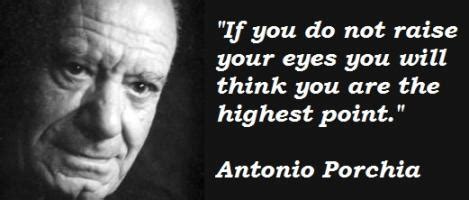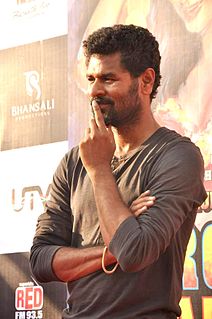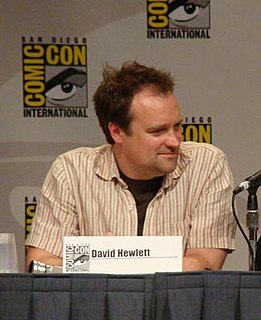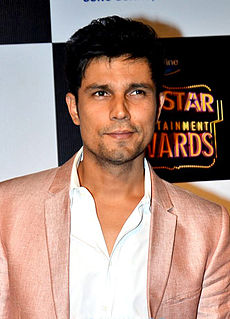A Quote by Antonio Porchia
I began my comedy as its only actor and I come to the end as its only spectator.
Related Quotes
I've been trying to fit everything in, trying to get to the end before it's too late, but I see now how badly I've deceived myself. Words do not allow such things. The closer you come to the end, the more there is to say. The end is only imaginary, a destination you invent to keep yourself going, but a point comes when you realize you will never get there. You might have to stop, but that is only because you have run out of time. You stop, but that does not mean you have come to an end.
If someone's lying to us, then it's rare that we know that they're lying to us. It's only in bad films that you recognize immediately that an actor's playing in such a way that you can see that he's lying, and that's simply dumb. But to reach that, it requires that you make a film in such a way that a spectator feels compelled to find his own explanation. You want to lead the spectator to find his own interpretation. To ask questions rather than provide all of the answers. Doing that leads to open endings and open dramaturgy.
Human life is basically a comedy. Even its tragedies often seem comic to the spectator, and not infrequently they actually have comic touches to the victim. Happiness probably consists largely in the capacity to detect and relish them. A man who can laugh, if only at himself, is never really miserable.
Behind my work was ambition, behind my love was personality, behind my purity was fear, behind my guidance the thirst for power. Now they are vanishing and I drift. I come, Mother, I come, in Thy warm bosom, floating wheresoever Thou takest me, in the voiceless, in the strange, in the wonderland, I come - a spectator, no more an actor.
If a psychological Maxwell devises a general theory of mind, he may make it possible for a psychological Einstein to follow with a theory that the mental and the physical are really the same. But this could happen only at the end of a process which began with the recognition that the mental is something completely different from the physical world as we have come to know it through a certain highly successful form of detached objective understanding. Only if the uniqueness of the mental is recognized will concepts and theories be devised especially for the purpose of understanding it.
The only thing I knew in the world as a little kid was comedy. And no other kids in my school cared about it at all. There was no one to talk about it with. You know, we're in a geek culture now where comedy is so giant. I'm one of the people that, you know, works on Funny or Die. And there is just a giant culture of comedy nerds. But back then, I was alone, and I had a little confidence about it because I felt like, this is my thing, this is the only thing that only I know about.







































